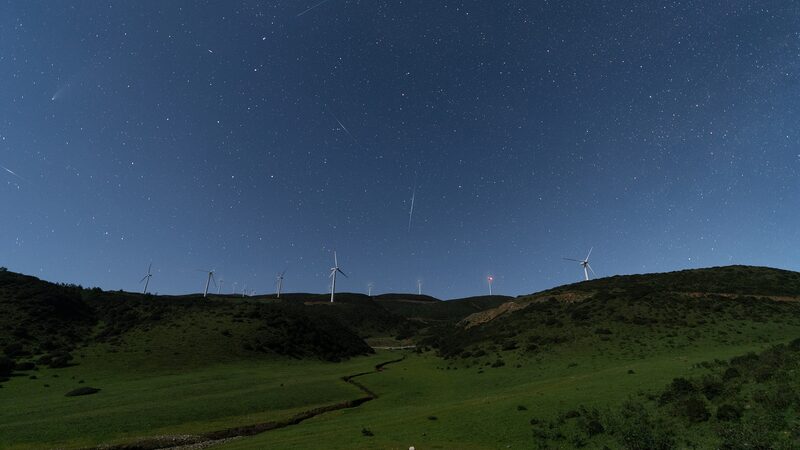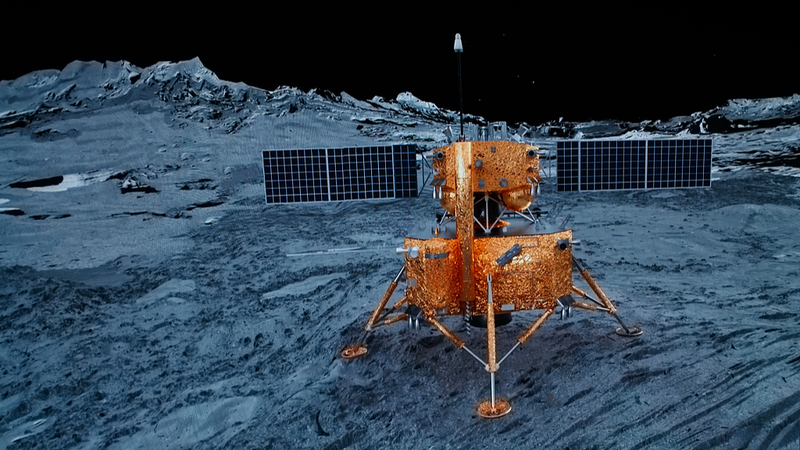Get Ready for a Meteor Shower Double Feature! 🌠
Hey stargazers! It's time to mark your calendars and set those alarms because the universe is about to put on a spectacular show just for us. This month, not one but TWO meteor showers are gracing our night skies: the Southern Delta Aquariids and the Alpha Capricornids. Ready to make some wishes?
Double the Meteors, Double the Fun!
The Southern Delta Aquariid meteor shower peaks in late July, and this year, it's teaming up with the smaller yet brilliant Alpha Capricornids. The Delta Aquariids are expected to peak early Tuesday morning, treating the Northern Hemisphere to 15–20 meteors per hour under dark skies. If you're in the Southern Hemisphere, you're in for an even better show!
Meanwhile, the Alpha Capricornids might be smaller, producing about five meteors per hour, but don't underestimate them. According to astronomer Don Pollacco from the University of Warwick, \"one bright one is worth 20 faint ones.\" So keep your eyes peeled for those dazzling fireballs!
What's a Meteor Shower Anyway?
No telescope? No problem! Meteor showers happen when Earth passes through the debris left behind by comets. For the Delta Aquariids, that's comet 96P/Machholz, and for the Alpha Capricornids, it's comet 169P/NEAT. When tiny rocks and dust enter our atmosphere, they burn up, creating those fleeting streaks of light we call \"shooting stars.\" Pretty cool, right?
Pro Tips for the Best Viewing Experience
- Find a spot far from city lights to get the darkest skies possible.
- Meteor showers are best viewed after midnight until dawn.
- Give your eyes about 30 minutes to adjust to the darkness—so maybe put the phone away for a bit. 😉
- Check the weather forecast to ensure clear skies.
This year, the waning moon is around 30% full during the Delta Aquariids' peak, so its light won't interfere much. Perfect timing to grab a blanket, maybe some friends, and enjoy the cosmic spectacle!
Can't Catch This One? No Worries!
If you miss these meteor showers, don't fret! The Perseids are coming up next, peaking in mid-August. The universe always has something exciting in store for us.
So, whether you're an astronomy enthusiast or just looking for a magical night under the stars, make sure you don't miss this celestial event. Happy stargazing! ✨
Reference(s):
cgtn.com




